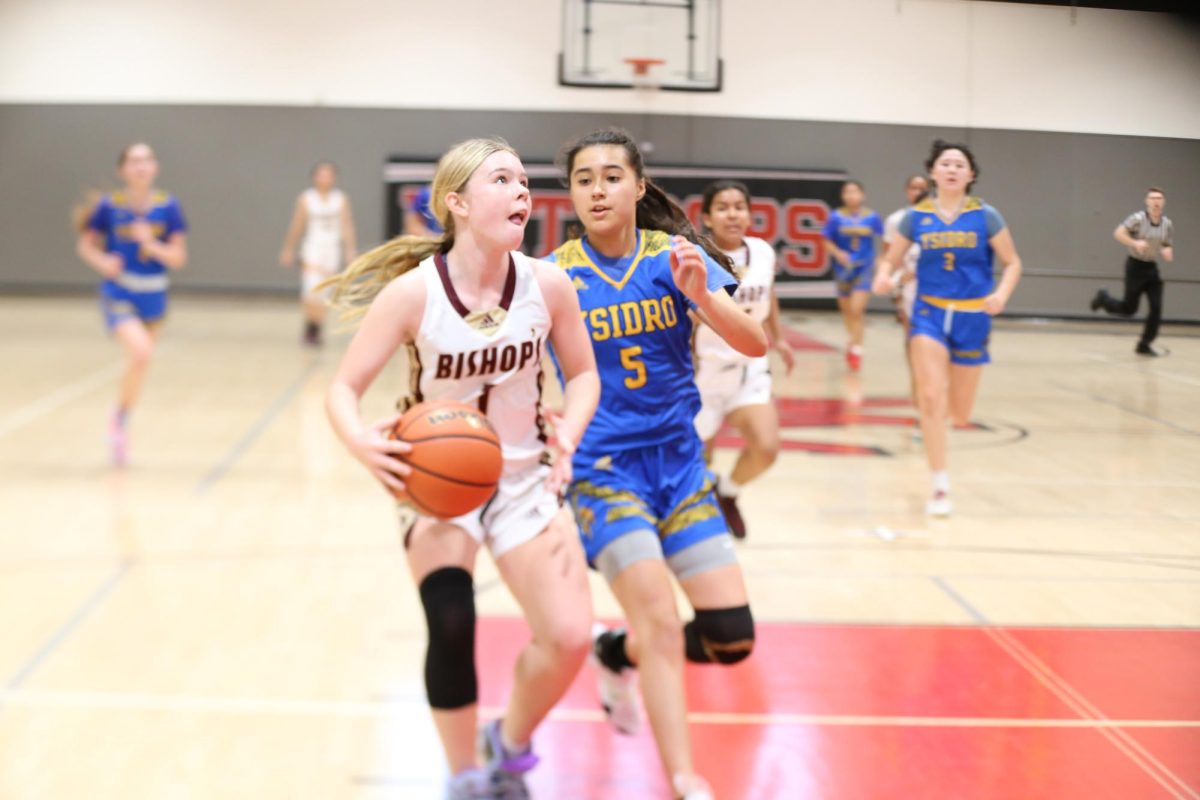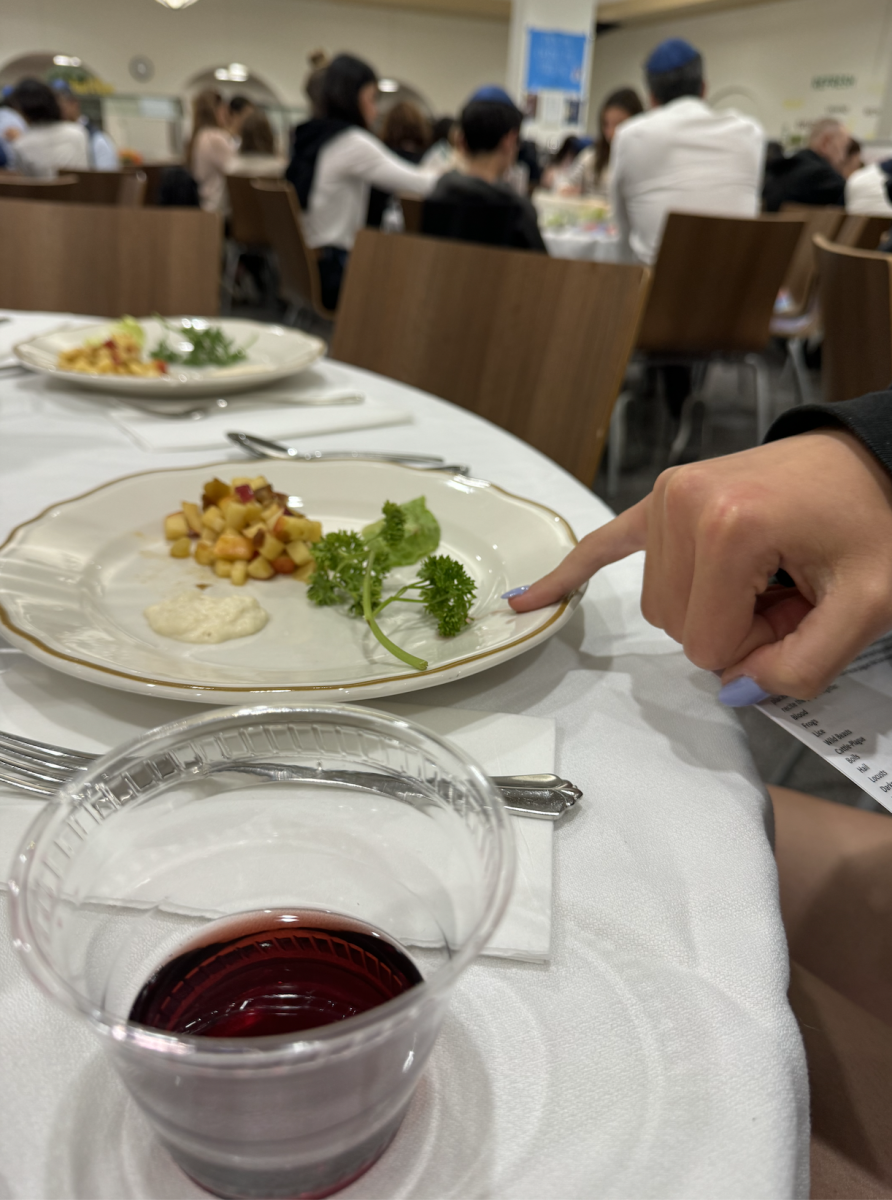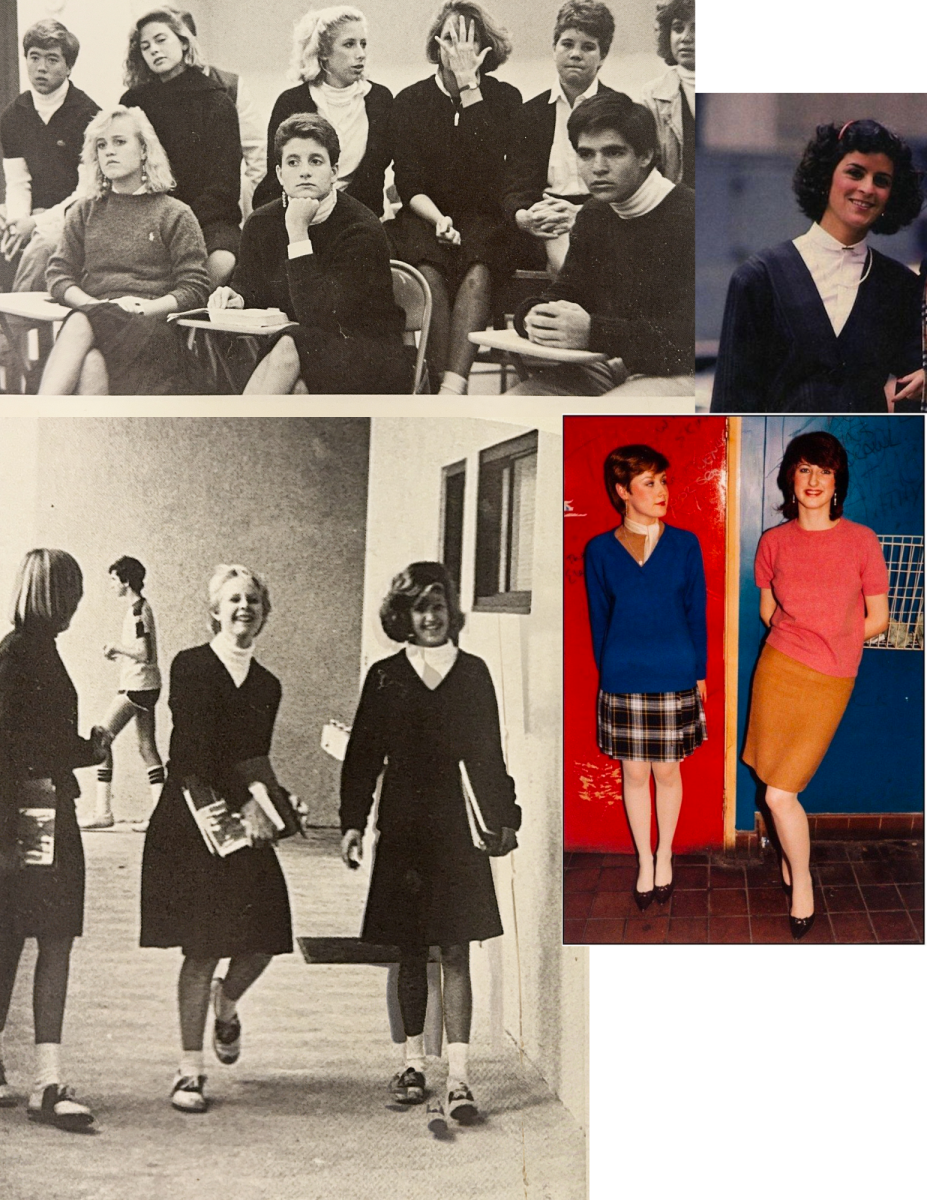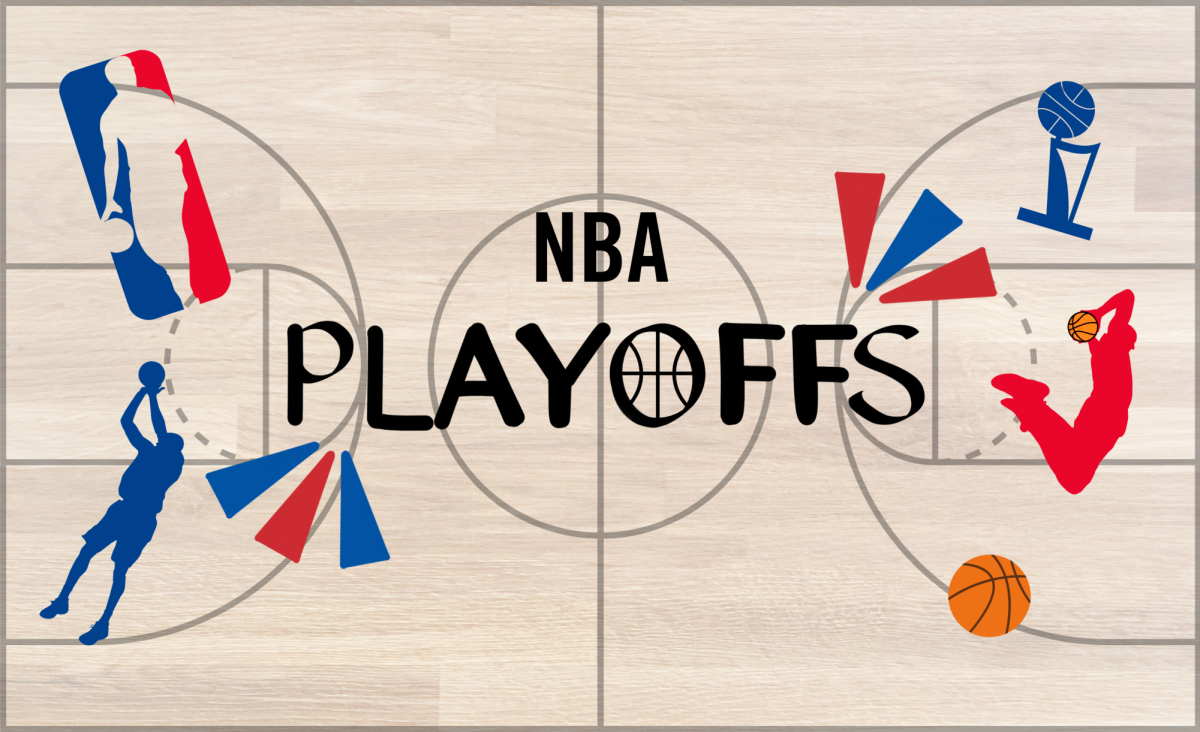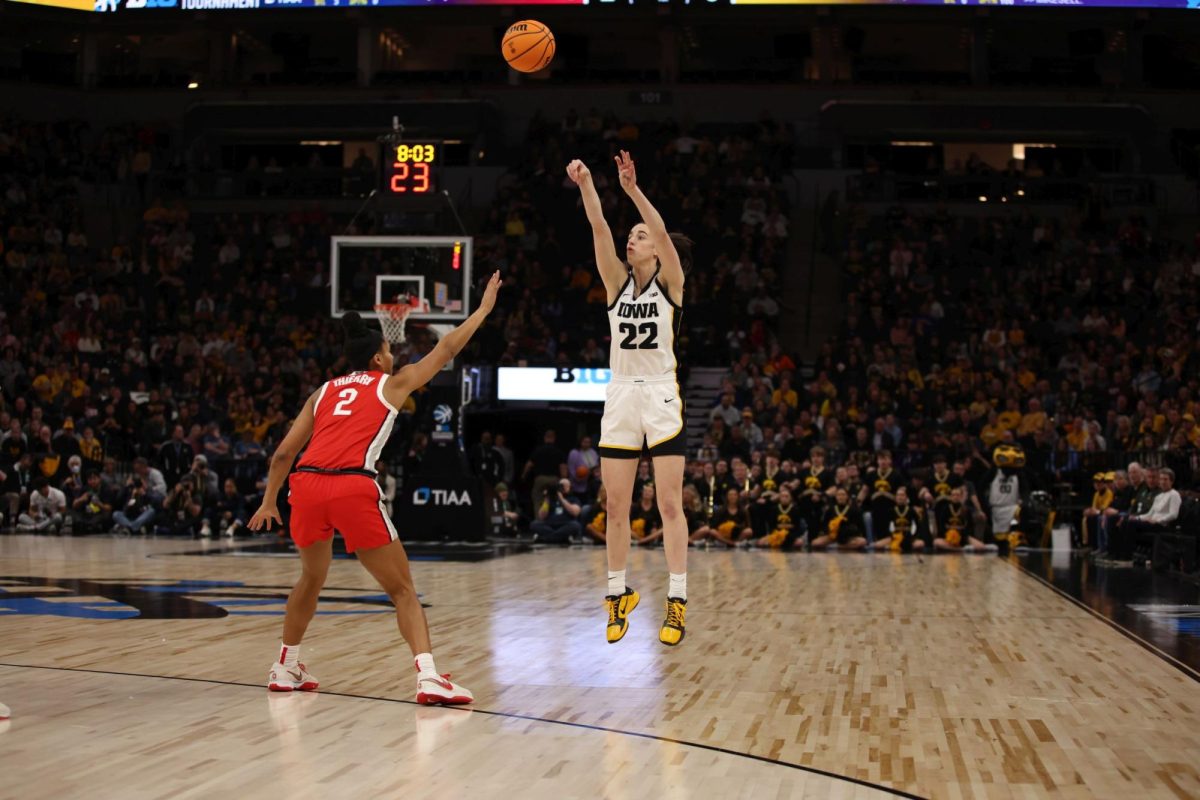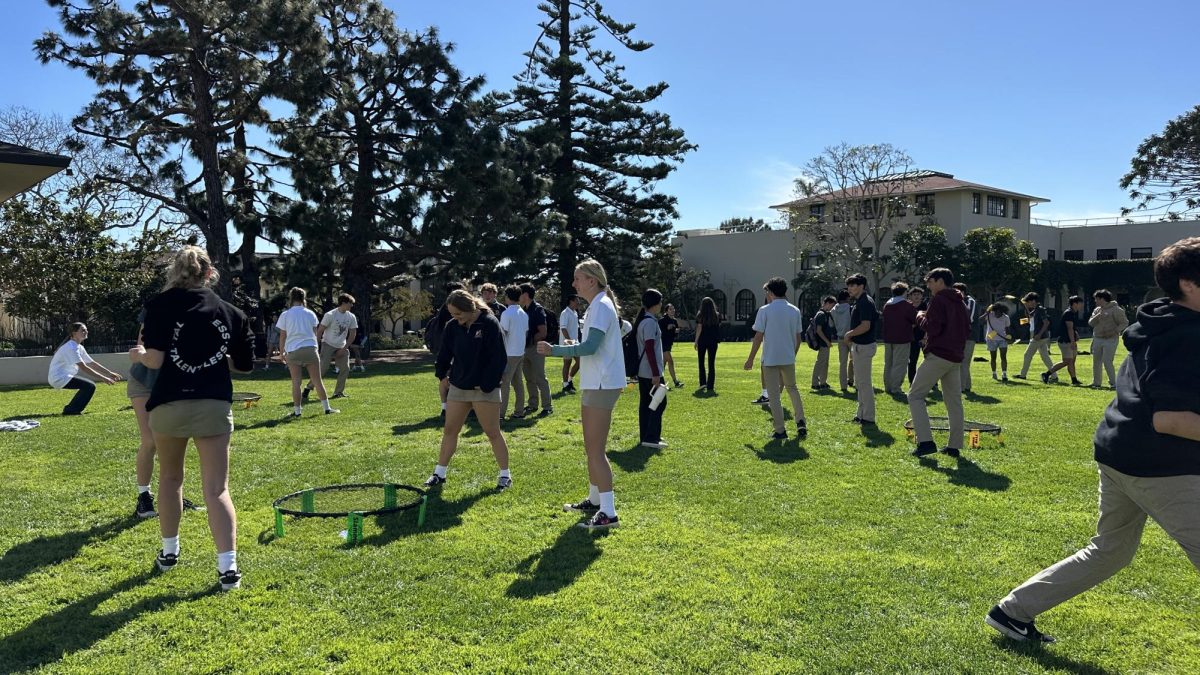Sweat dripped down the players’ backs, their muscles taut with pure grit and determination — all while their piercing gaze broke down the opponent’s guard. On July 30, 2023, players from Colombia and Women’s World Cup favorite Germany fought for possession of the ball, ending the game 2-1. The game finished with a shocking header goal from underdog team Colombia in the 97th minute, leaving fans from both sides either cheering with joy or groaning with disappointment. The cheering side drowned out the groans.
The underdog archetype has been part of sports fan culture, even at Bishop’s, for decades. The enduring popularity of underdog stories makes people wonder: what is the allure?
In a 1991 study conducted by experts Jimmy A. Frazier and Eldon E. Snyder of Bowling Green State University, participants were read descriptions of two fictional basketball teams. Between the two teams, participants rooted for the one described as the underdog 88.1 percent of the time. However, similar to the tale of David and Goliath, when the favorite was on the brink of elimination, making them the new underdog, around half switched their allegiance, indicating that people tend to root for the Davids of the sports world over the Goliaths.
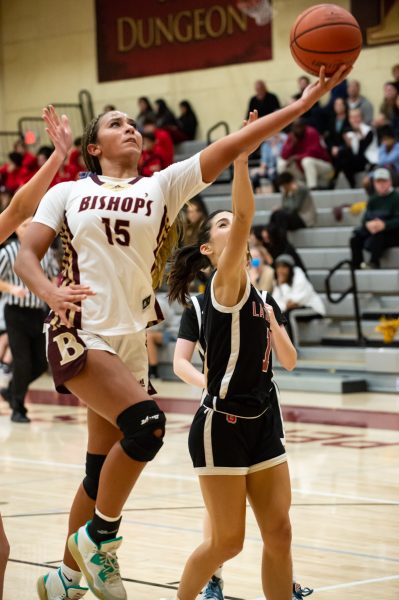
Boys’ Varsity Basketball player Jacob Tsai (‘25), who views Brooklyn Nets player Mikal Bridges’ journey as an underdog story, says he roots for the underdog because “it’s about fostering hope and believing in a team’s chances to win.” Girls’ Varsity Basketball Player Ayla Johnson (‘26) added, “unless I am a fan of the opposing team, I always root for the underdog because it is more fun to watch the weaker team succeed.”
People’s experiences, too, inform their decision to root for the underdog. People identify with the idea of overcoming the naysayers, whether that’s in sports or not. Underdog stories happen all around us: in our own communities, on screen, or thousands of miles away in another country.
Even Bishop’s athletics teams have underdog stories that leave fans rooting for them. Boys’ Varsity Baseball player Hugo Avila Marquez (‘25) felt that, before the season started, his team was considered an underdog. “People thought we were [going to] have another bad season,” he said. “We went 7-23 last year and lost like five or six seniors, so no one thought we would do good this year because we were a very young team.” The Boys’ Varsity Baseball team went on to become one of the strongest teams in their division, overcoming underdog status. Hugo attributed their success to the new coaching staff, but especially to the fact that the “team chemistry was a lot better this year.”
Originating as a term used to describe the loser in 19th century dog-fighting, the term “underdog” is now used to describe someone who has worked their way up from the bottom — like the Boys’ Varsity Baseball team. Ayla described an underdog as “someone who has all the odds stacked against them. They are not expected to succeed because they are weaker, or smaller, or younger, or less skilled.”
Coming off a season having faced adversity and multiple injuries, Ayla noted that the Girls’ Varsity Basketball team last year was made up of mostly underclassmen. “Being a very young team automatically made us the underdogs. We had less experience in high school basketball and we weren’t as strong as the older kids,” she said. “My mentality knowing I was the underdog was to focus on playing to the best of my ability instead of focusing on the wins and losses.”
Girls’ Varsity Lacrosse, on the other hand, has already experienced the full arc from underdog to a powerhouse. After losing in a heated final the year before, they emerged victorious at the championships last year. Girls’ Varsity Lacrosse Player Alex Pfister (‘25) said that looking back they may have been the underdogs, but making it to the finals, “made us more threatening.” Their team bond also played a large role in their successful transition out of underdog status. “I think that coming back and winning the second year just proves how good of a team we are and how close knit [we are],” Alex said.
What the underdog represents — whether that be unity or proving the critics wrong — matters from a fan’s perspective. “The underdog often relies on team culture and chemistry to win. It’s more exciting to see an underdog succeed,” Jacob said.
An underdog is someone who has all the odds stacked against them. They are not expected to succeed because they are weaker, or smaller, or younger, or less skilled.
— Ayla Johnson ('26)
The associations with certain values, such as hard work, are usually woven into underdog narratives like the ones at Bishop’s. As Matt Johnson, a specialist in the application of psychology and neuroscience to marketing, wrote in Psychology Today, underdog stories “tap into the qualities we like best about ourselves and find most admirable in others,” heightening their appeal.
Outside the Bishop’s community, March Madness in men’s and women’s college basketball is a competition where underdog teams often emerge – even the premier powerhouse teams can get knocked down by underdogs climbing their way up. This year, fifth seeded San Diego State University shocked the country when they defeated the number one overall seed Alabama Crimson Tide.
In the spirit of March Madness, fans fill out brackets to predict who will win it all. “Everyone always randomly selects some of the lower seeds to win upset games,” Ayla said when commenting on March Madness bracket-making, “In the Men’s March Madness tournament of 2022, everyone’s predictions were thoroughly disturbed when a small private college named Saint Peters, which was ranked fifteenth seed, made it all the way to the Elite 8.” More recently, the eighth-seeded Miami Heat shocked the nation when they made it to the 2023 NBA Finals, beating out higher seeded teams like the Milwaukee Bucks and New York Knicks.

There are even psychological sides to the underdog’s enduring popularity. A more pessimistic theory is what is referred to as schadenfreude or joy derived from one’s downfall. UC San Diego researcher Nadav Goldschmied found mixed results backing this idea.
One experiment found that participants were more likely to root for the underdog when told that the favored team spent more on its payroll and were less inclined to do so if the teams spent similarly. As science writer Joseph Stromberg said in a Vox article, “there’s something great about watching a team that’s spent so much money go down.”
The added thrill of unexpected success also factors into a fan’s affinity with the underdog. It seems that excitement lessens with expected success. “The better team is always expected to win, so when they do win, it feels like more of a relief than a victory,” Ayla noted. According to a study done by psychologists Barbara A. Mellers, Alan Schwartz, Katty Ho, and Ilana Ritov, people derive more joy from unexpected success than expected.
The underdog mentality — one consisting of perseverance and spirit— seems to be a key feature of these teams. And while the reasons why people root for the underdog may vary, one thing remains constant: the admiration of hard work and beating the odds.


